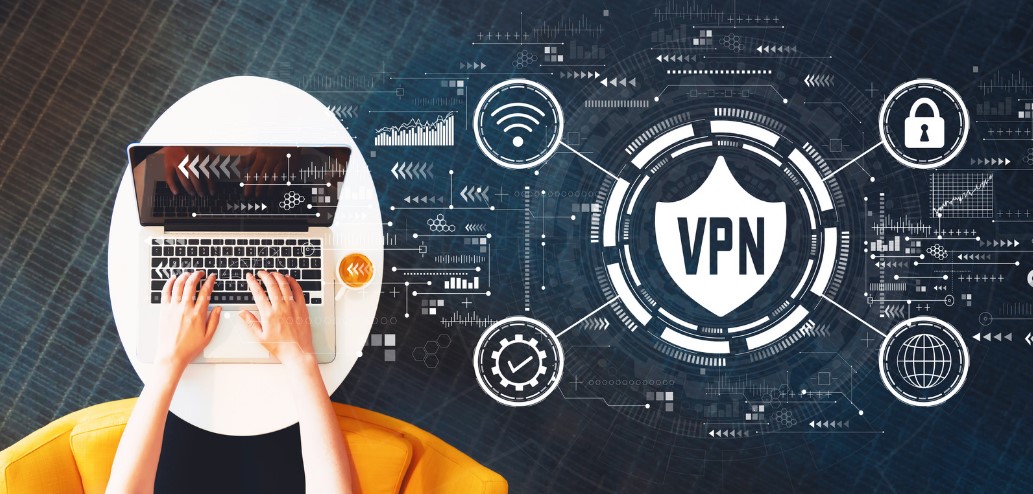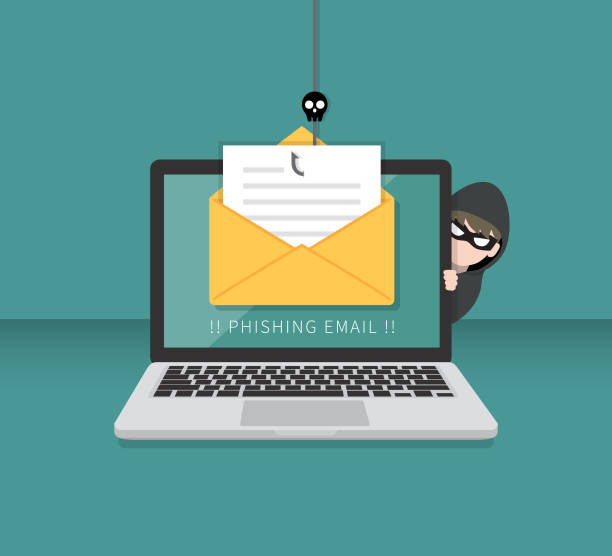In today’s digital age, where privacy and security concerns loom large, Virtual Private Networks (VPNs) have emerged as essential tools for individuals and businesses alike. A VPN provides a secure, encrypted connection between your device and the internet, ensuring your online activities remain private and protected. In this article, we will explore what a VPN is and outline some compelling reasons to use one.
Understanding VPNs
A Virtual Private Network (VPN) functions as a middleman between your device and the internet. When you connect to the internet through a VPN, it creates a secure tunnel that encrypts your data and routes it through a remote server before reaching its destination. This encryption and rerouting process masks your IP address, making it difficult for third parties, such as hackers, government agencies, or advertisers, to track your online activities.
Why should you use a VPN?
Enhanced Online Privacy: VPNs provide an extra layer of privacy by encrypting your internet traffic, shielding your personal information, and preventing others from monitoring your online activities. This is particularly crucial when connecting to public Wi-Fi networks, where hackers may attempt to intercept sensitive data.
Secure Remote Access: If you frequently work remotely or access sensitive corporate resources, a VPN is indispensable. It establishes a secure connection to your company’s network, protecting your data and ensuring confidentiality. VPNs also allow you to access geo-restricted content or services by masking your location.
Bypassing Censorship and Geographical Restrictions: In some countries, certain websites, social media platforms, or streaming services may be blocked or restricted. VPNs can help you overcome these limitations by providing a way to bypass censorship and access content that might otherwise be unavailable in your location.
Protection on Public Wi-Fi Networks: Public Wi-Fi networks found in airports, cafes, or hotels are notorious for their vulnerabilities. Cybercriminals often target these networks to intercept users’ data. By connecting to a VPN, your data is encrypted, significantly reducing the risk of unauthorized access or data theft.
Anonymous Torrenting and P2P Sharing: While we encourage the ethical use of technology, VPNs can offer added security for those engaging in peer-to-peer (P2P) file sharing or torrenting. By masking your IP address and encrypting your traffic, VPNs help protect your identity and keep your activities private.
Safe Online Shopping: When making online purchases, using a VPN can protect your financial information from potential eavesdroppers. VPN encryption ensures that your credit card details and personal data remain secure, reducing the risk of falling victim to identity theft or fraudulent activities.
Looking Ahead
VPNs will likely continue to evolve to meet the ever-changing security landscape. We can expect improvements in encryption protocols, faster and more reliable connections, and increased accessibility across various devices. However, with the rise of emerging technologies such as artificial intelligence and the Internet of Things (IoT), new cybersecurity threats may also emerge.
Cybercriminals will continually seek innovative ways to exploit vulnerabilities. As a result, the development of robust cybersecurity measures, including VPNs, will be crucial to counteract these threats and safeguard our digital lives. Additionally, increased awareness about online privacy and data protection will likely drive more individuals and organizations to adopt VPNs as a fundamental aspect of their cybersecurity strategy. By staying vigilant, embracing new technologies, and promoting a culture of cybersecurity, we can build a safer and more secure digital future.




